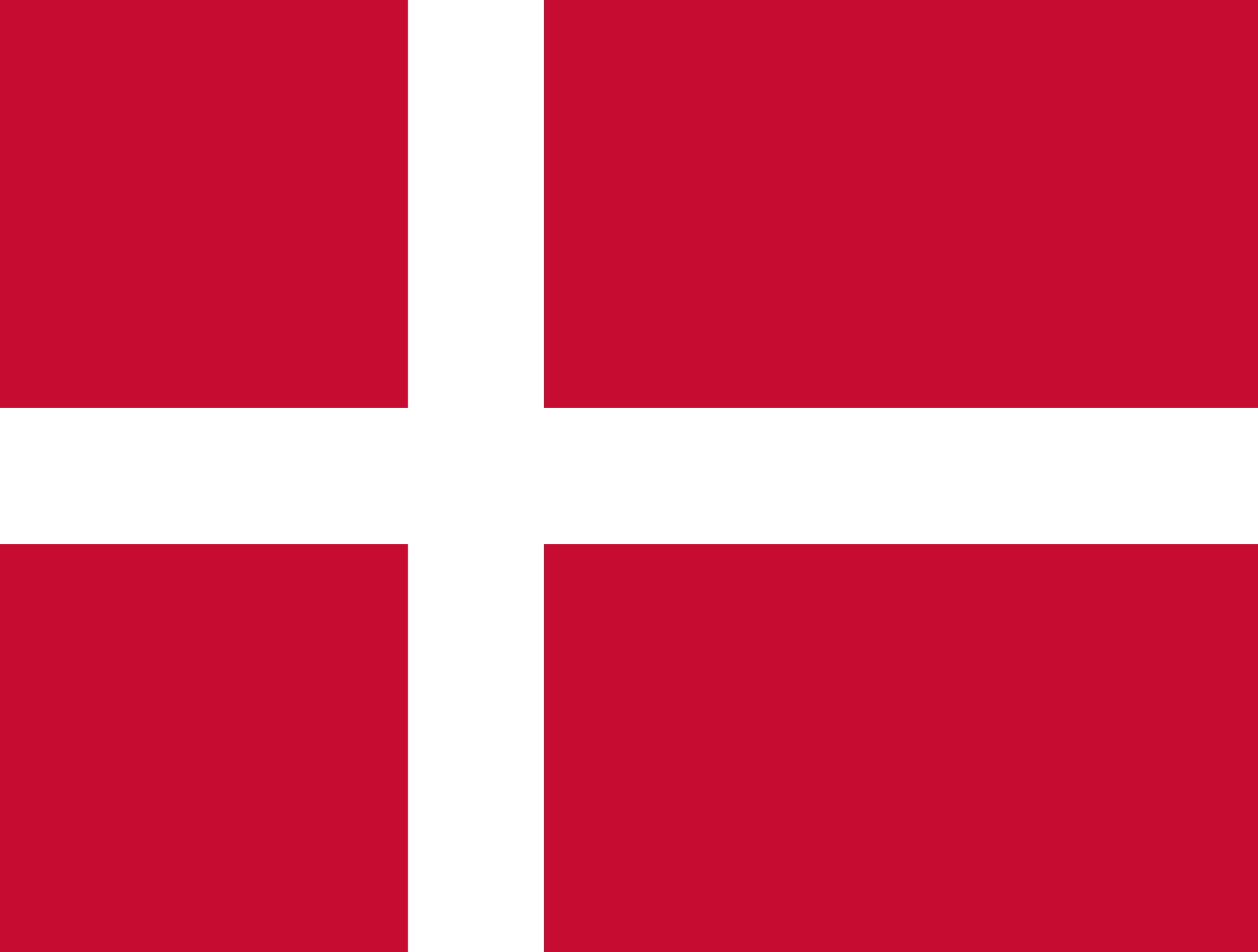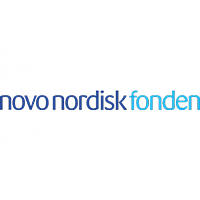NNF and DACAAR collaborate to provide relief to drought IDPs in Afghanistan
NNF and DACAAR collaborate to provide relief to drought IDPs in Afghanistan
DACAAR is pleased to continue its collaboration with the Novo Nordisk Foundation, which has just granted DKK 2 million (USD 320,000) for a specific drought relief project in Herat province.
This is the second time the Novo Nordisk Foundation channels aid to Afghanistan through DACAAR. The new grant is almost three times as large as the previous one which focused on vocational training for IDP women in the outskirts of Kabul city.
The goal of the new grant can be described as a pure survival project for Afghans. “We see in Afghanistan not only people fleeing war, but also regular climate refugees as in this case. A widespread drought has caused people to migrate to western Herat province, among other places, where DACAAR will use support from the Novo Nordisk Foundation to help vulnerable Afghans”, says Klaus Løkkegaard, DACAAR's Head of Secretariat in Copenhagen.
_1665036526_1673335435.jpg)
The need for help is increased by the intensified fighting as the NATO forces leave the country. Combined with Covid-19, this makes the situation extra difficult for climate refugees. DACAAR has previously established a solar powered water supply network in the area however the residents of the settlement need additional support in terms of hygiene behavior change and skills and economic improvements to ensure they can integrate in their new community.
A main focus of the project is about distributing hygiene kits to 1,000 families. Such a package contains, for example, soap, towel, toothbrush and toothpaste, female sanitary cloth and other hygiene materials. That in itself is not enough. That is why we also spend part of our resources on teaching hygiene and behavior change. “It can be said that in that environment clean hands before cooking, for example, can be a question of life or death”, Klaus Løkkegaard states
To help improve food security and household income, 1,750 Afghans will be supported in agriculture with, among other things, chicken and goat farming simply to provide food. In addition, 50 women headed households will be helped to start their own, small businesses, 60 men and women will attend vocational training and 20 women and adolescent girls who were left of school due to their displacement will be provided with basic literacy training.
When you count all those things, it is striking how far DKK 2 million can reach in Afghanistan. “It is a good example of how little it really takes to give quite a few people a bit of dignity and chances of survival - despite the fact that by far most of what we hear in the media about Afghanistan is about armed conflict”, says Klaus Løkkegaard.
 Danish
Danish

